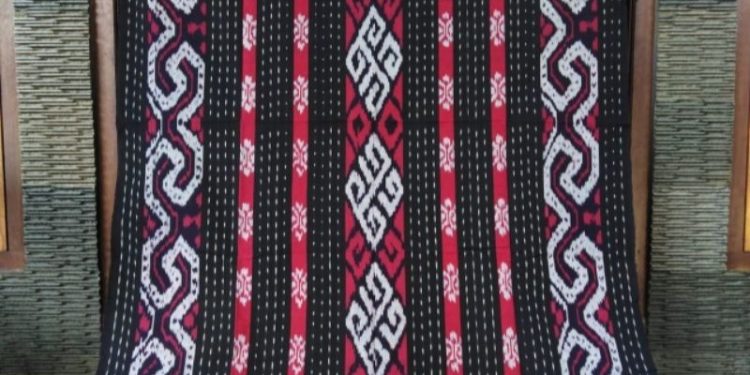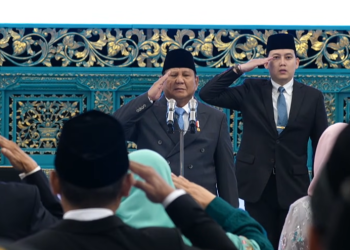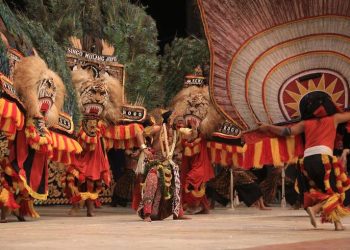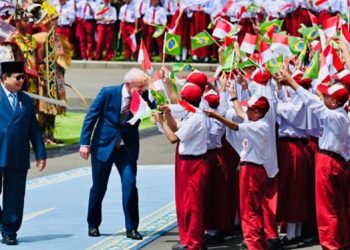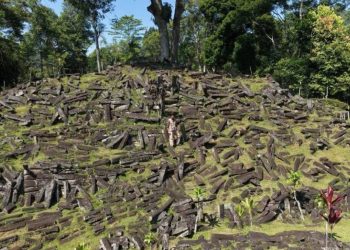Jakarta, Indonesia Sentinel — Indonesia is seeking UNESCO recognition for its Tenun weaving traditions as part of the Intangible Cultural Heritage (ICH) list. The move was part of the government commitment to help protect and promote one of the country’s most enduring cultural legacies.
The Ministry of Culture said in a statement that UNESCO’s acknowledgment would not only strengthen the global presence of Indonesian textiles, known locally as wastra nusantara, but also serve as a strategic step to safeguard the diverse weaving traditions spread across the archipelago.
Tenun weaving traditions in Indonesia carries centuries of inherited knowledge, including natural dyeing techniques, symbolic patterns, and highly skilled handcrafting methods. Producing a single piece of woven cloth often requires extraordinary patience, precision, and craftsmanship.
Weaving involves interlacing longitudinal (warp) and transverse (weft) threads using a range of tools, from traditional backstrap and pit looms to modern mechanical, air-jet, and electronic looms. While modern equipment offers efficiency, traditional looms retain deep cultural and artistic value and continue to be preserved.
Read Also:
Globally, weaving techniques vary from Indonesian ikat and songket to Ghana’s kente and Native American Navajo weaving. Newer innovations, such as digital weaving and 3D textile techniques, show how the craft continues to evolve by blending tradition with technology.
Materials range from natural fibers like wool, cotton, silk, and linen to synthetic alternatives, each shaping the texture, durability, and aesthetic of the final fabric.
Officials say recognition by UNESCO would not only preserve Tenun weaving traditions but also expand opportunities for Indonesia’s creative textile industry.
(Raidi/Agung)


